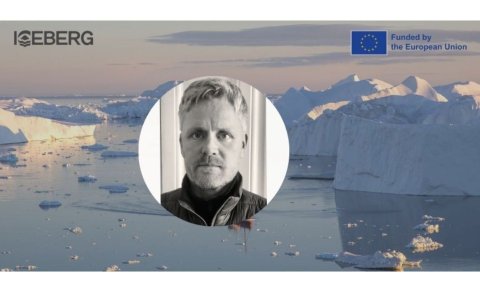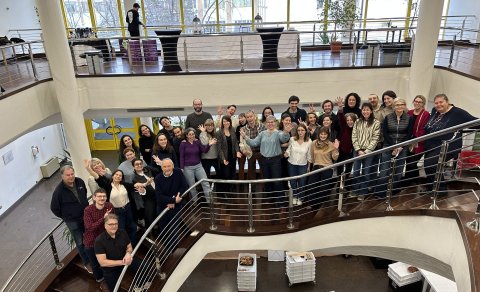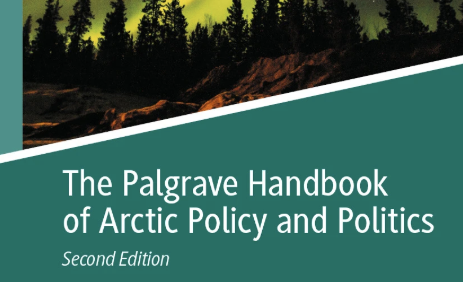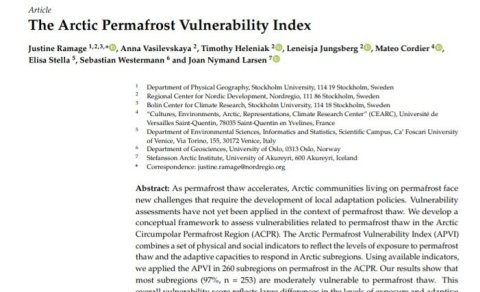The Stefansson Arctic Institute (SAI)
Research Institute at the University of Akureyri.
Celebrating 28 years of Arctic Research 1998-2026.
Research Institute at the University of Akureyri.
Celebrating 28 years of Arctic Research 1998-2026.
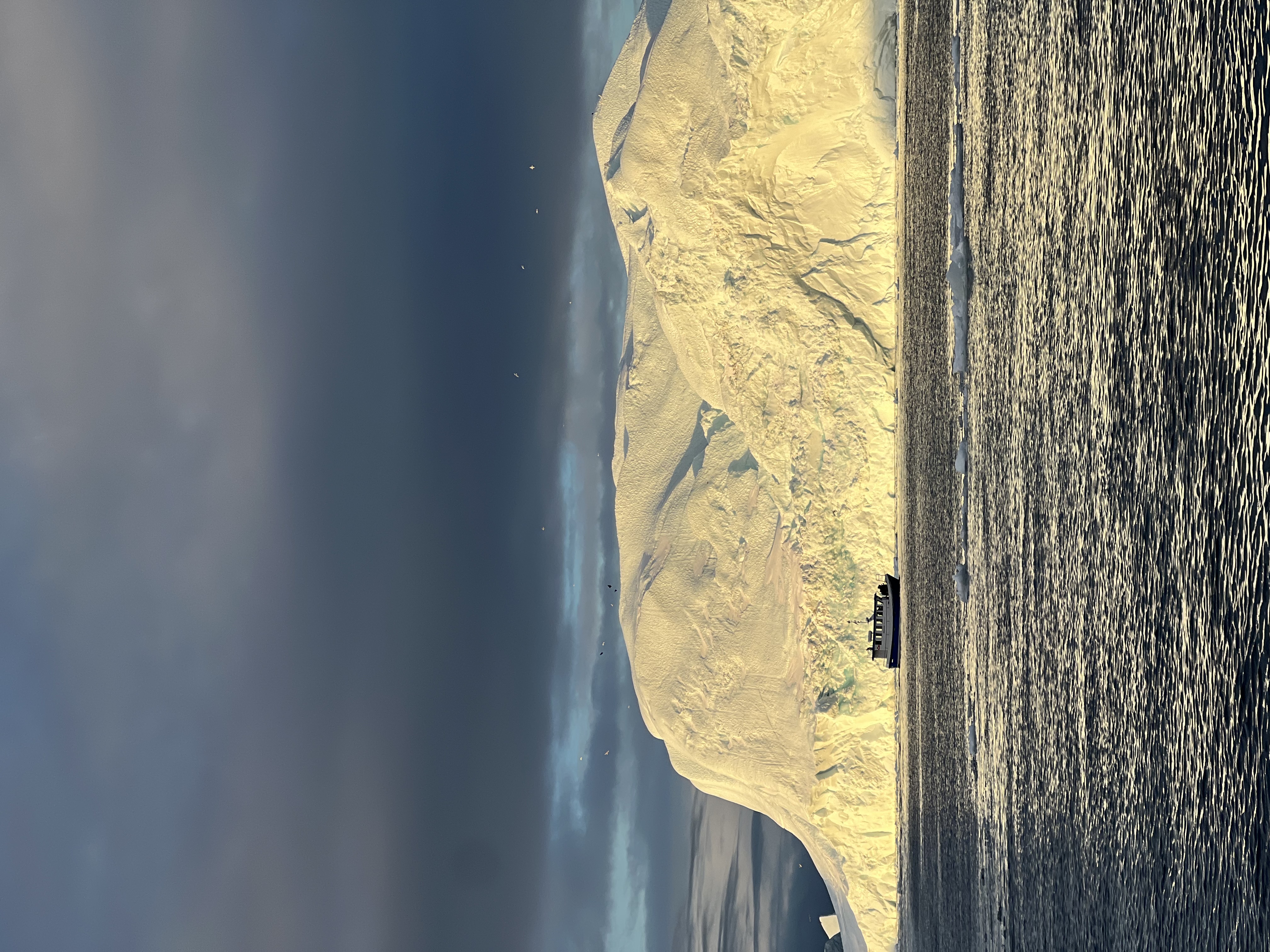
Interdisciplinary research on climate change, permafrost, pollution and health, and adaptation in Arctic coastal communities.
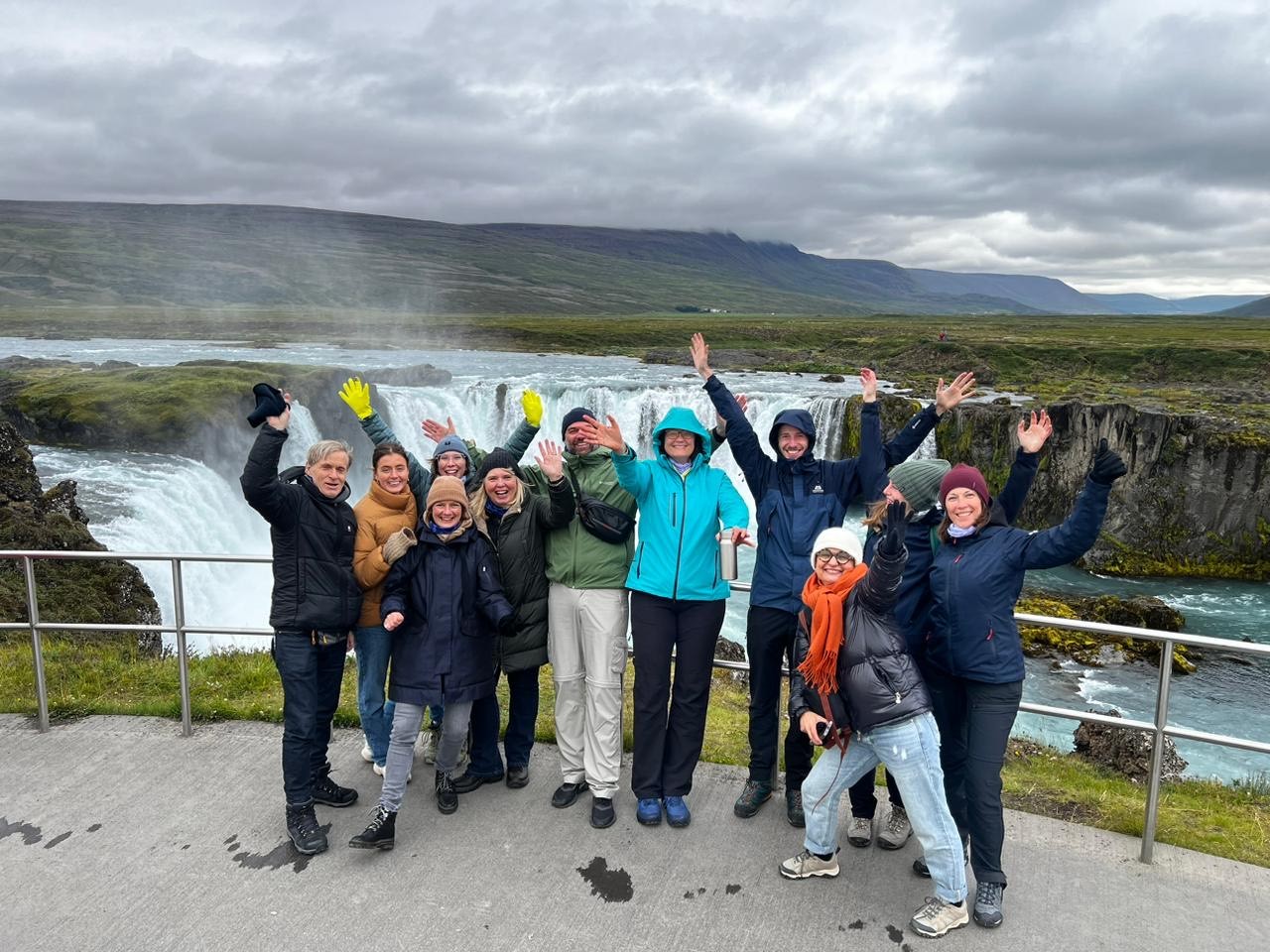
Interdisciplinary research investigating multifaceted effects of pollution, climate change and human activities on Arctic coast and ocean.
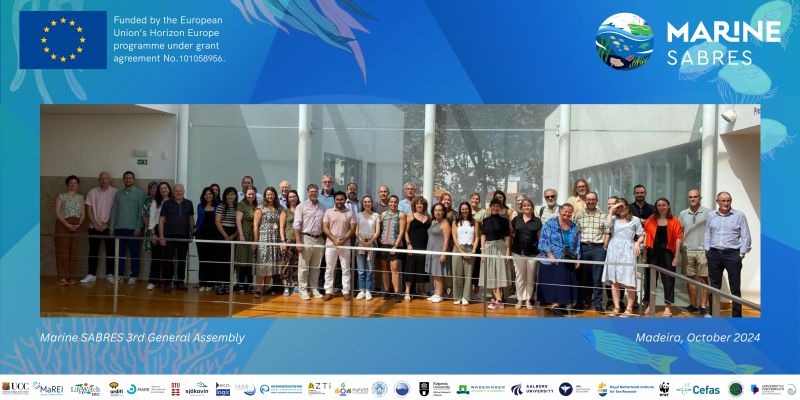
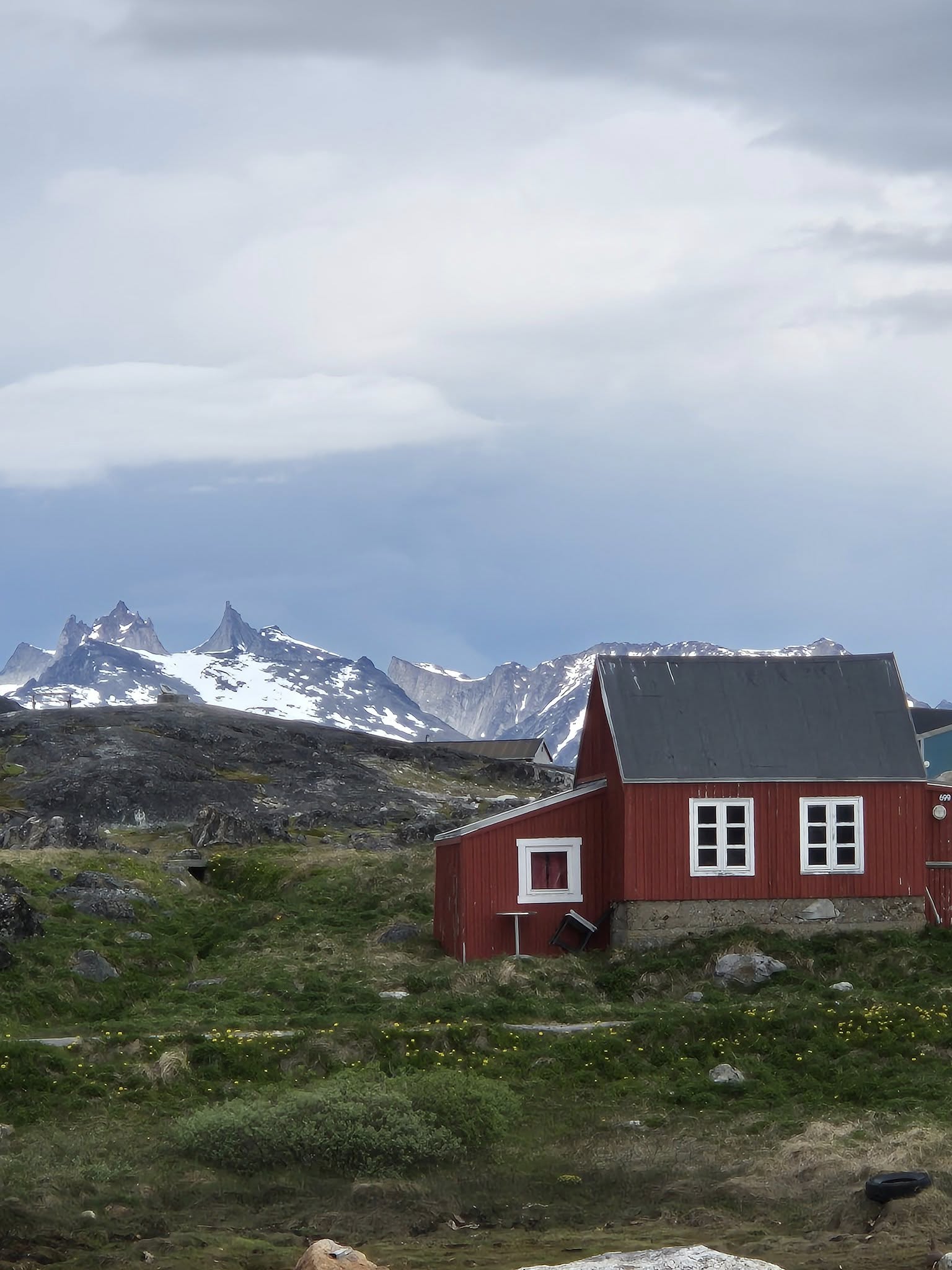
A case study in South Greenland investigating social and economic inequalities in Nanortalik, Narsaq, and Qaqortoq.
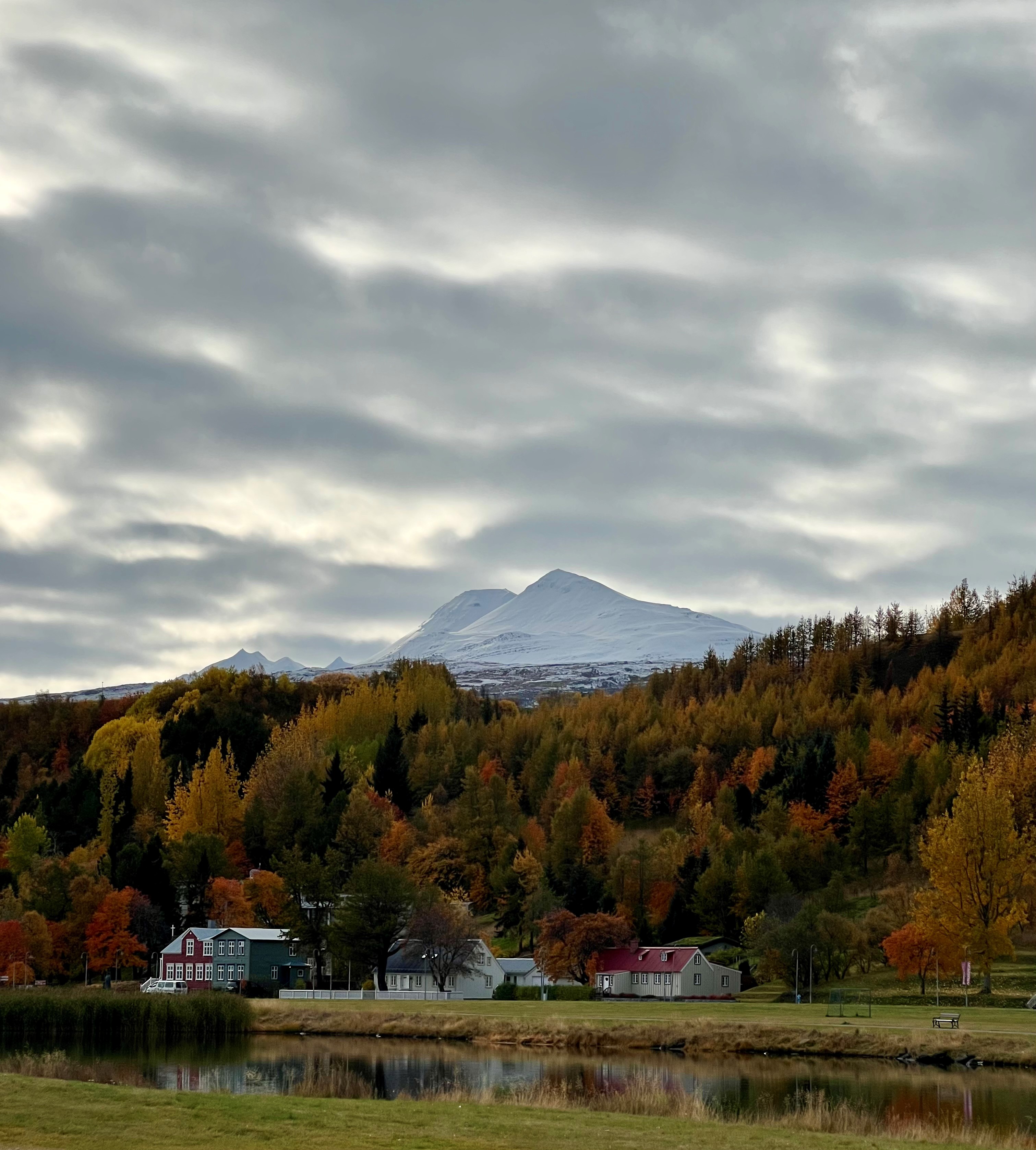
The NACEMAP project will help NPA communities enhance their resilience to future disasters through self-assessment and emergency planning.
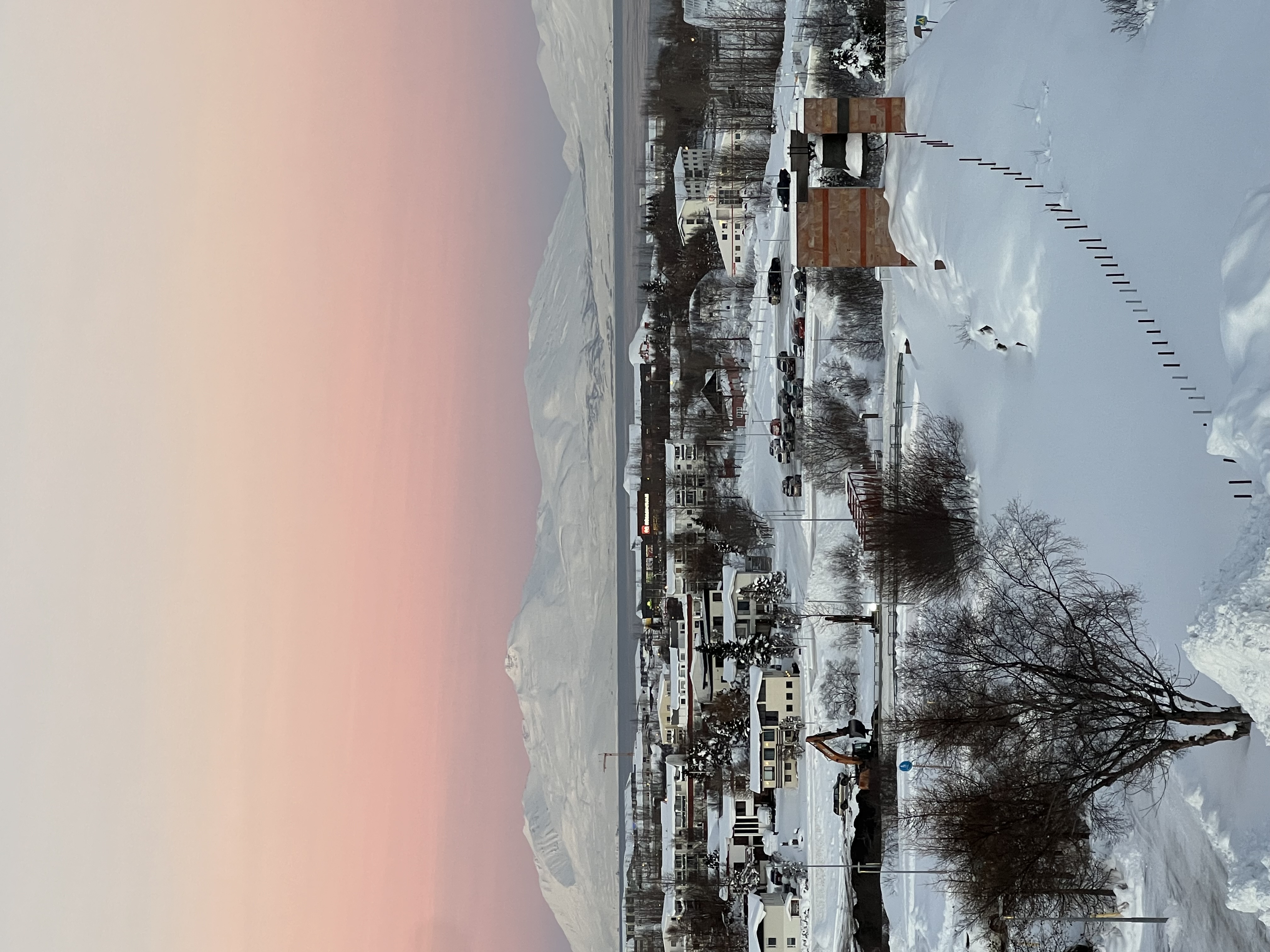
A project aimed at enhancing dialogue and consultation within the research community in Iceland regarding Arctic issues.
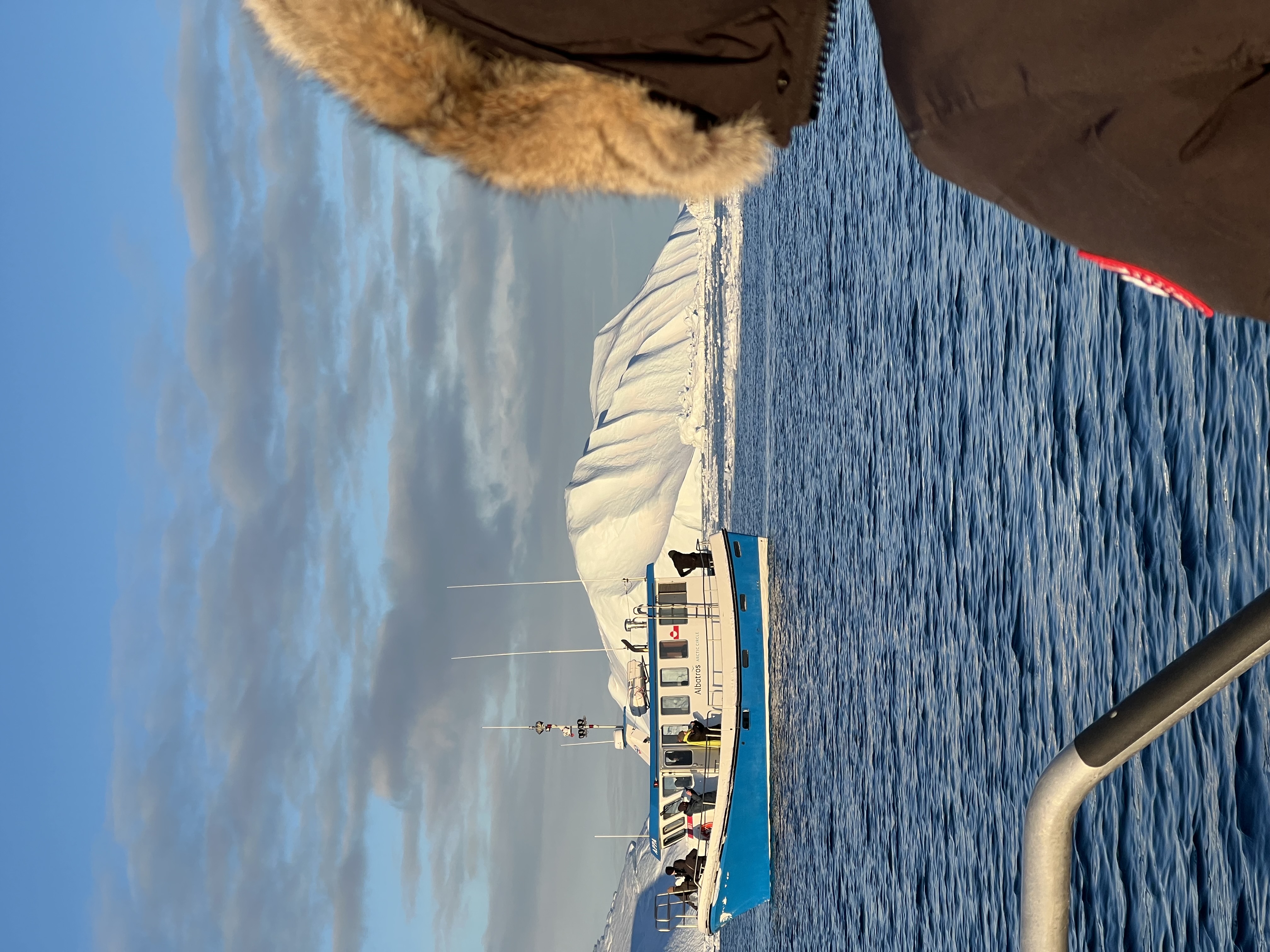
Research project focusing on co-producing knowledge that supports the sustainable use of the Arctic marine environment.
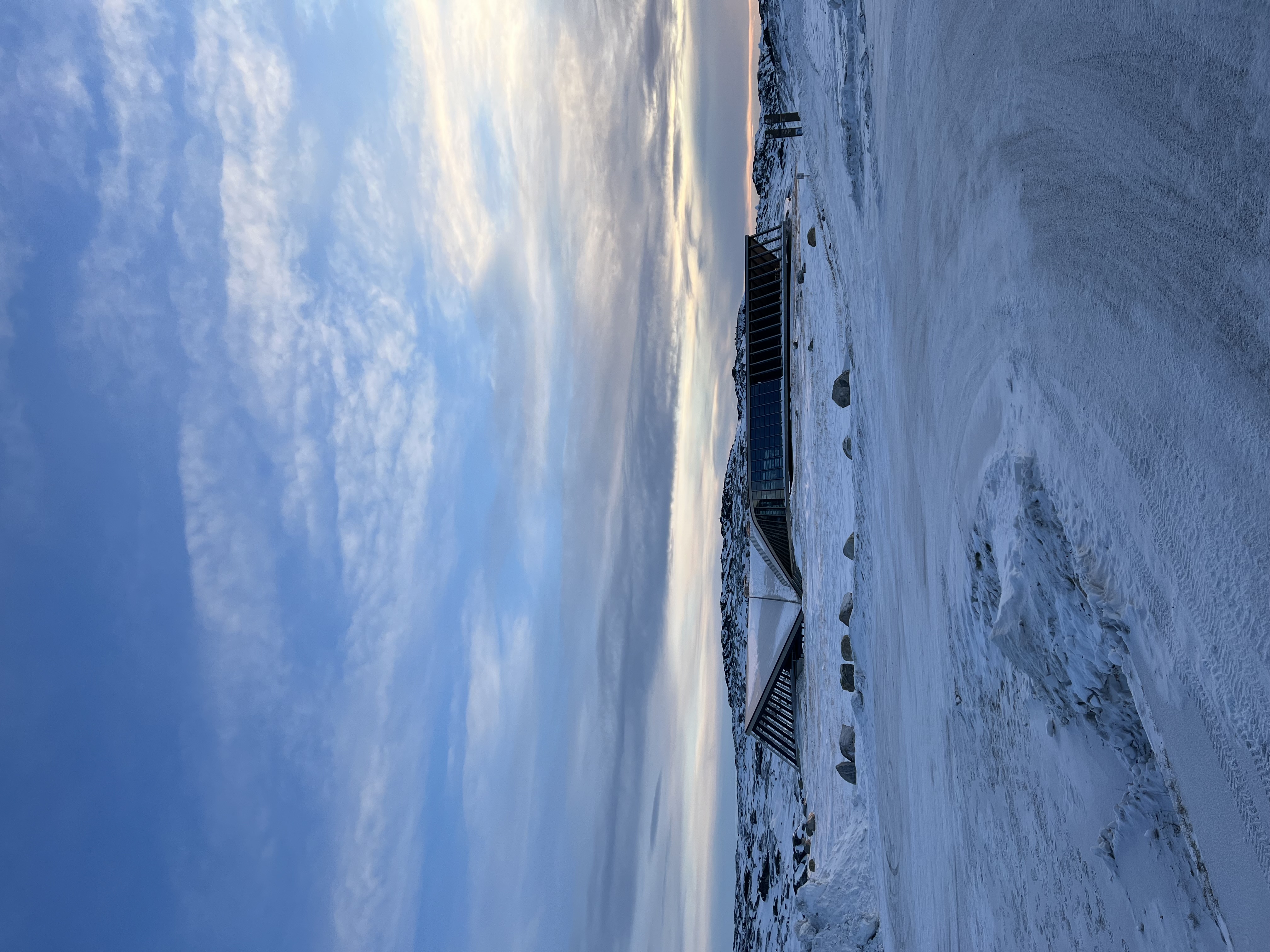
The Mapping Memories project seeks to document, sustain, and share cultural heritage through participatory storytelling and digital mapping.
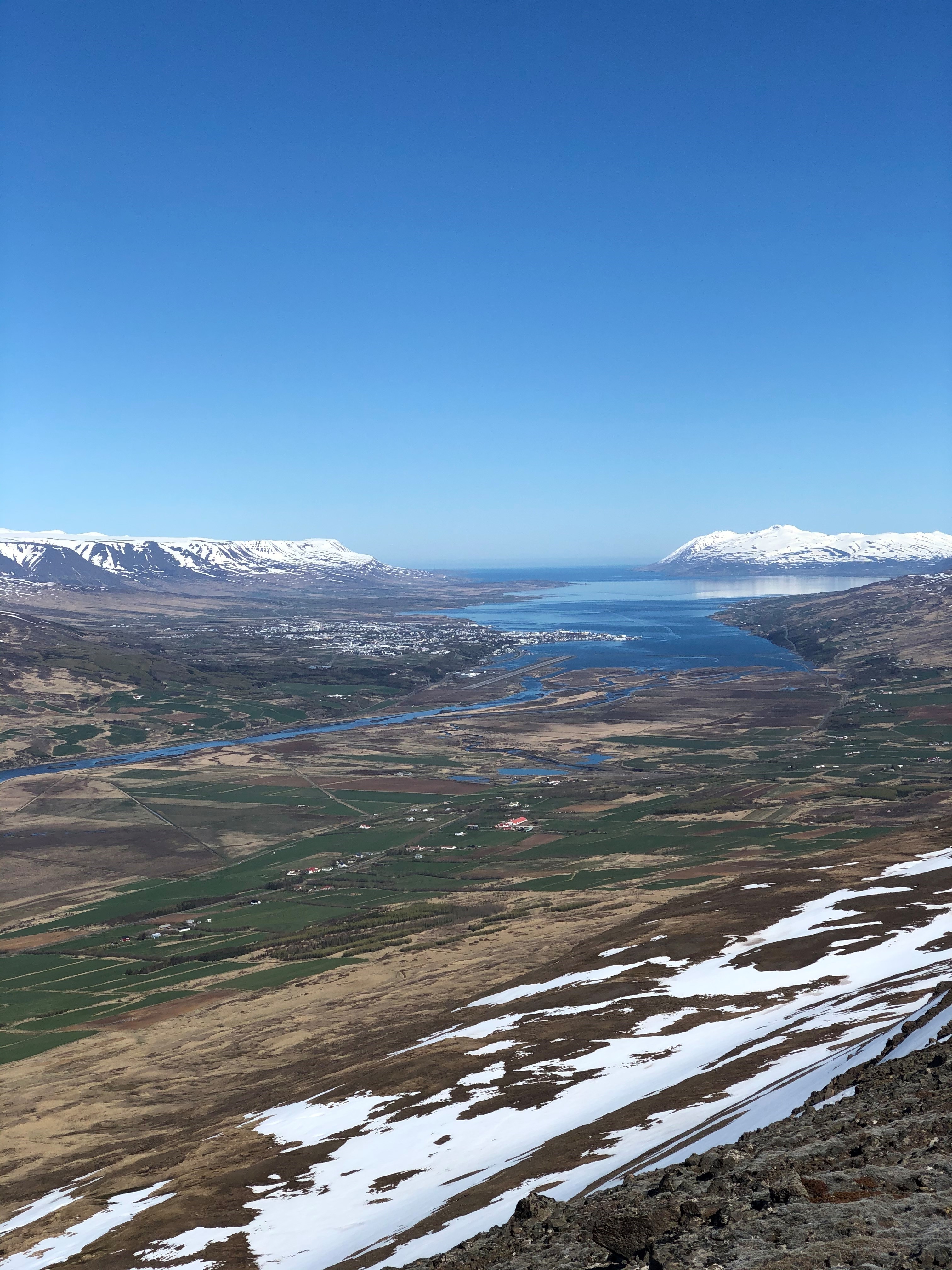
A research project focusing on developing a governance framework for geoengineering technologies in the Arctic, aiming to address biodiversity loss and promote climate justice.
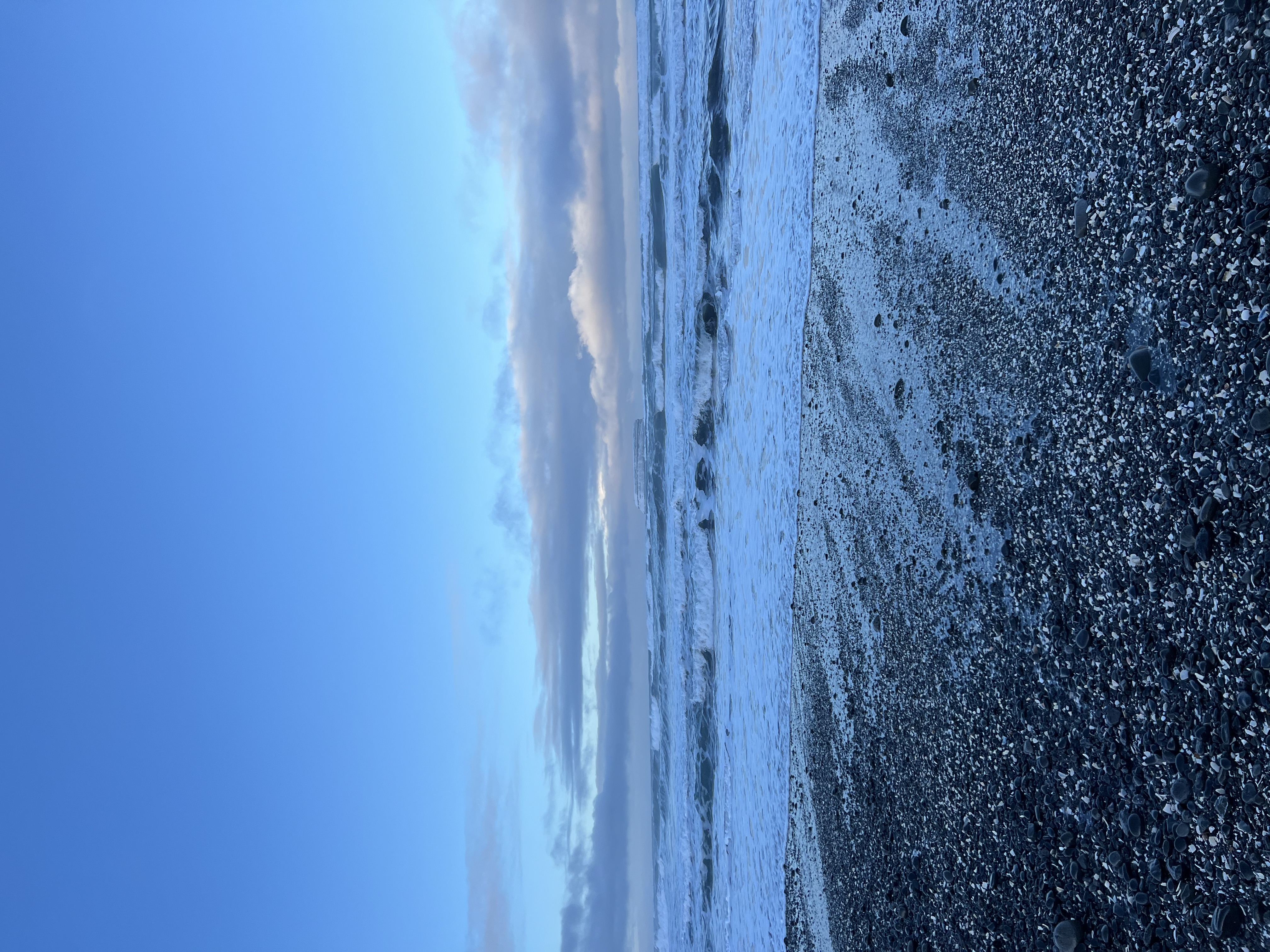
The project examines how AI-enabled and autonomous maritime systems are changing ocean governance.
The Arctic Human Development Report portrays the state and trends of human development, covering the entire Arctic region.
Following up on the Arctic Human Development Report, the Arctic Social Indicators facilitate the monitoring of human development in the Arctic.
The NorValue project investigates sustainable value chains in Nordic coastal communities.
ICEWHALE considers to what extent whales stranded by sea ice off the coasts of Iceland supplemented the food supply during times of famine.
To fill an identified gap in knowledge, this project investigates the needs, opportunities and aspirations of Arctic youth.
JUSTNORTH is a climate action project exploring the perspectives and values that stakeholders can bring to Arctic economic decision-making.
REXSAC focuses on the study of extractive resource industries in the Arctic as cultural, social, economic, and ecological phenomena.
An international research project focused on the consequences of permafrost thaw for the global climate and the people of the Arctic.
MYSEAC investigates management and utilization of vegetation, haymaking and grazing in Mývatn, Iceland from 1700 to 1950.
A project generating knowledge about the interactions between climate change and environmental, societal, and economic factors.
A systematic analysis of descriptions of the natural world drawn from the literature and history of Iceland for the period ca. AD 800-1800.
A project with emphasis on coastal- and fishing cultural heritage in Iceland, Faroe Islands and Greenland.

